The Samsung Galaxy S10 fingerprint sensor was lambasted for its inaccuracies and inconsistencies. Early reports had the Galaxy S20 Qualcomm-made ultrasonic fingerprint sensors pegged with the same issues.
In our use with not just the Ultra but also the S20 and the S20+ we had it as one of the worst we had ever used. For a whole 10 days we were convinced it was not great. It would take a long time to register the fingerprint and open — when it worked. About 30% of the time it failed — and that was after adding the fingerprints over and over again.
Considering the accuracy and speed of fingerprint sensors in OPPO and OnePlus phones we find it difficult to believe that the biggest smartphone manufacturer in the world cannot do better than this.
It seems they could.
The Samsung S20 smartphones come with a factory-installed screen protector on them. It is extremely well installed and as such you would think that not many people remove it — after all, they just spend over a grand on their shiny new smartphone no one wants to scratch the best thing about it, the display.
Of course, in the interest of being thorough we proceeded with our testing and removed the Samsung factory-installed screen protector and tested again. The difference between the two scenarios was night and day.
So you would expect that a screen protector installed by Samsung would be able to protect the display while at the same time having all remaining functionality on the device as designed. Unfortunately it does not.
We have not tested it with a tempered glass screen protector just yet but we would expect it to be better than a plastic protector, assuming that there is proper contact. Ultrasound waves cannot traverse air — that is why your bowel is black on a medical ultrasound and nothing can be seen behind it (shadowing / artefact). Same for an ultrasonic fingerprint sensor — as long as there is good contact is *should* work just fine. Of course when we manage to get one of these we will feed back our experiences.
Some have said that enrolling fingerprints more than once (ie. duplicate it but tell the phone its a different finger) works but we did not find that — not with the factory screen protector anyway.
OPPO is my go-to for speeds of fingerprint sensors — and has been for along time. Their official numbers don’t match that of OnePlus but they seem to be faster in real-world testing. The Samsung S20 Ultra, without the factory screen protector, came very close to matching the OPPO Reno 10x Zoom (and a OnePlus 7 Pro) and in my side-by-side testing came out the winner a few times in a speed test when compared to the OPPO. In saying that the OPPO was more consistent over time and faster as a general rule.
Of course my testing does come with a disclaimer that I attempted to touch the sensors at the same time for each phone but of course there is a slight difference IRL. The S20 Ultra seemed to actually be ready to be used sooner than the OPPO did — which can possibly be explained away by the fact that it is unfortunately still running Android 9 and lives on last year’s hardware.
Better but still not perfect
Those reviews you may have read that lambasted the Samsung S20 fingerprint sensor, in our opinion, were wrong. It is entirely possible that they performed the testing with the factory screen protector still on — in which case we wholeheartedly agree.
Without the screen protector on the fingerprint sensor was much better — albeit far from perfect. I think we can see why Samsung are the only major manufacturer using the Qualcomm ultrasonic fingerprint sensor — it just isn’t as good.
It is possible that the ultrasonic sensor that Samsung uses is just not compatible with life (given many people’s requirements for a screen protector) in which case Samsung should consider replacing it but by itself it works great. Remind me of that when I scratch the display due to the lack of protection.
In our opinion, ditch that factory-installed screen protector if you want a more reliable, faster fingerprint sensor (than the Samsung one out of the box). It is extremely annoying sitting at a checkout waiting for a phone to unlock properly. At this stage we cannot confirm that a tempered glass screen protector works better but it certainly would struggle to be worse.

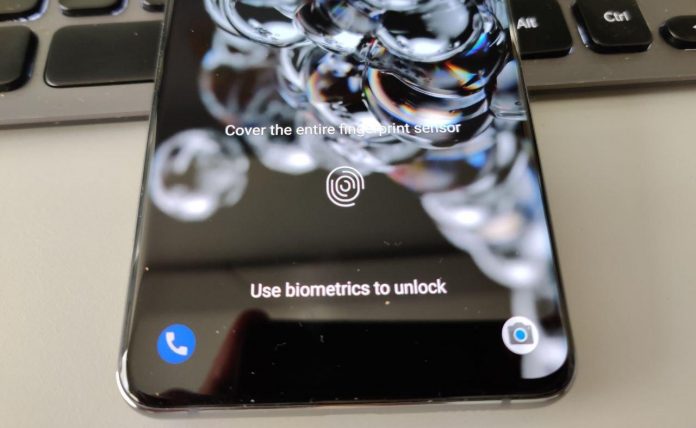
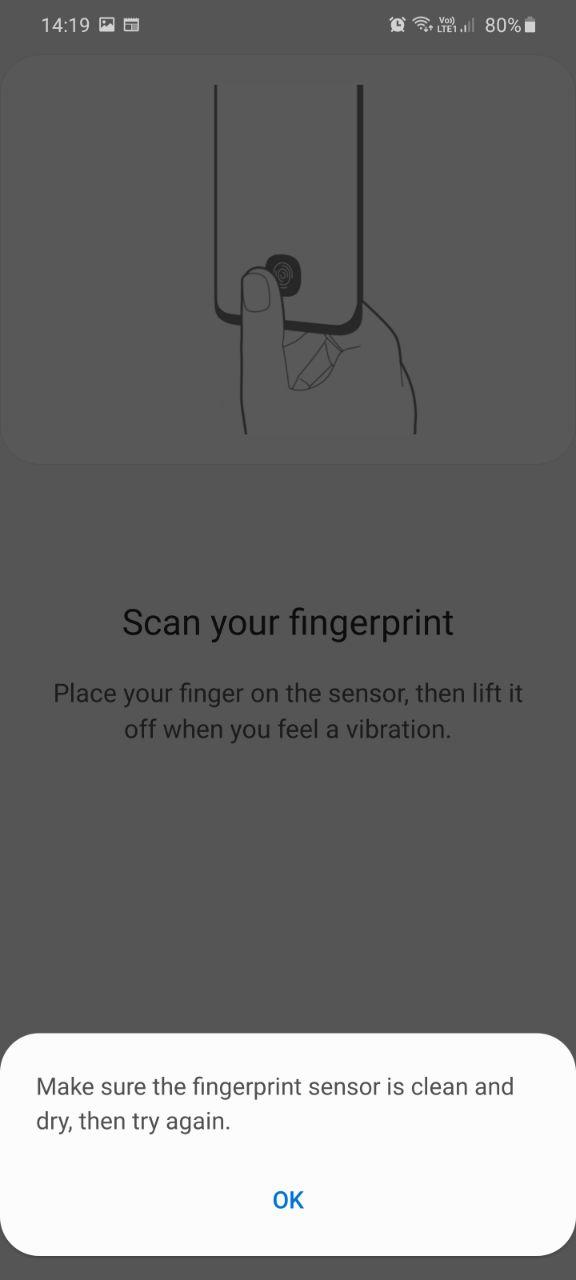
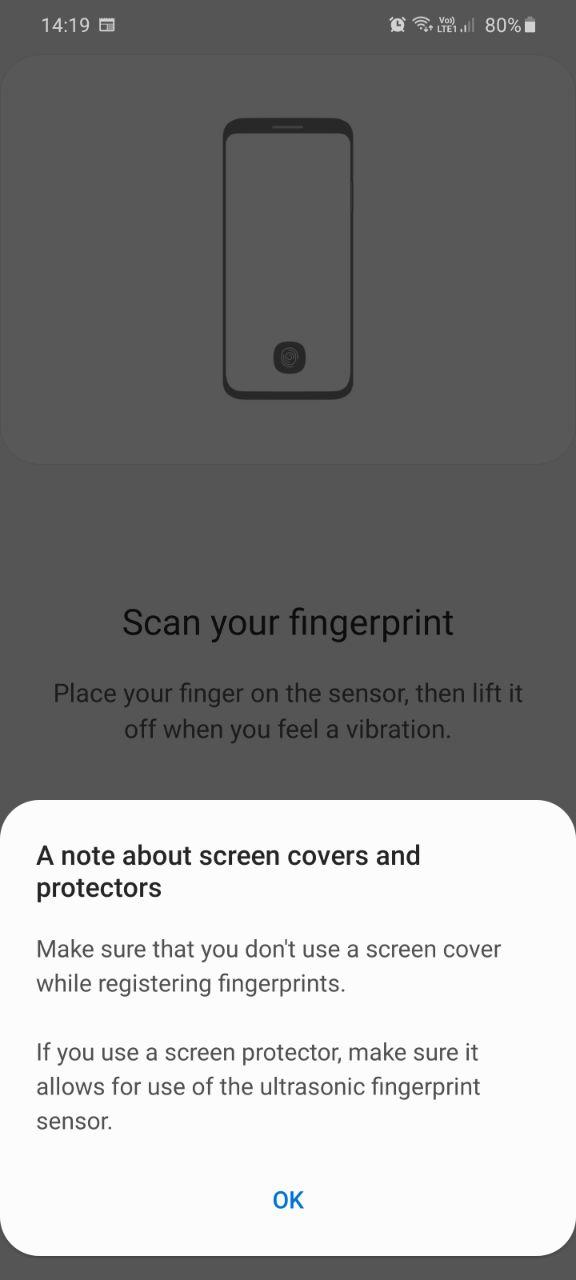
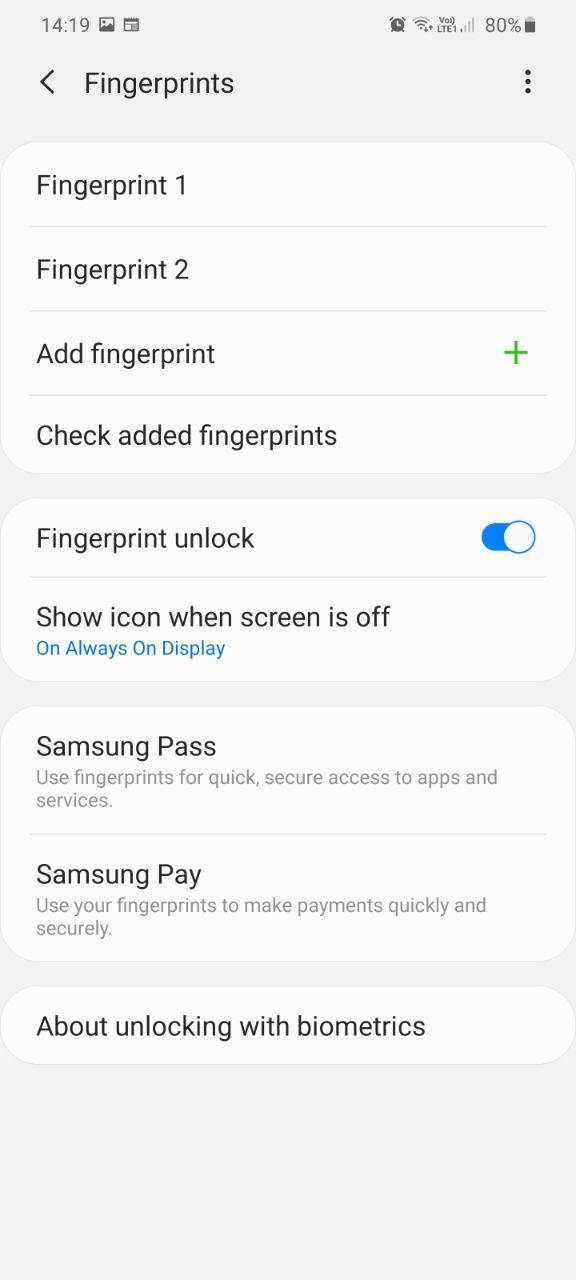
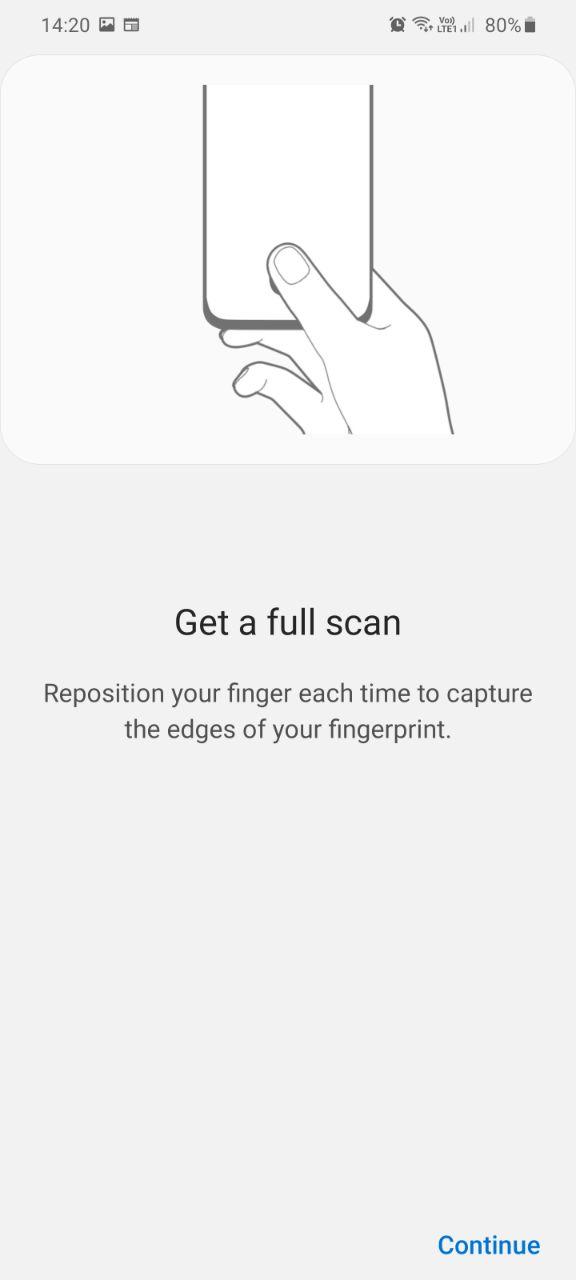

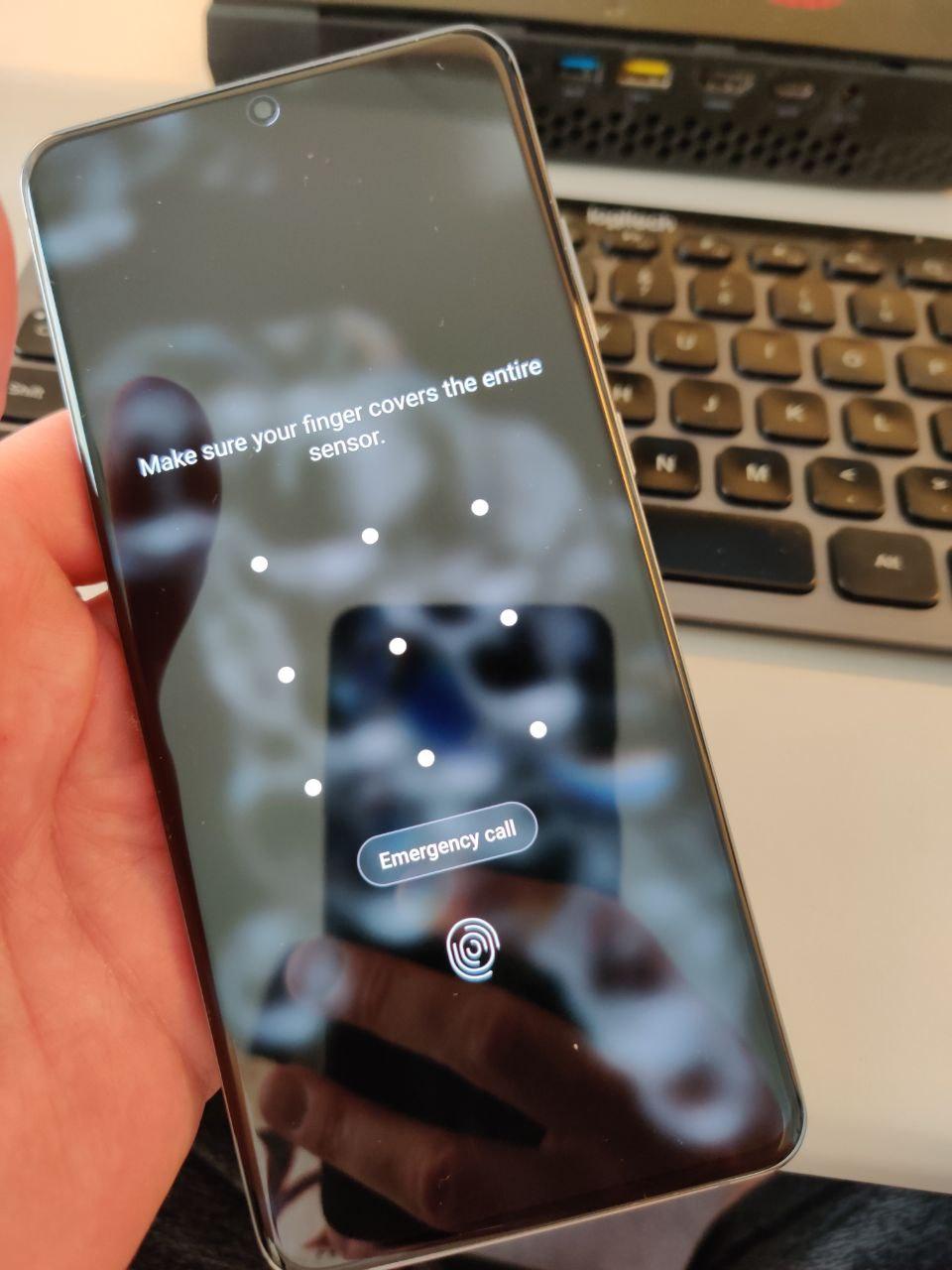

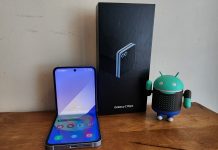
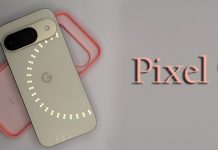
I have a tempered glass screen protector on my S20 Ultra and even though it has a cut out for the fingerprint scanner, it does not work. Lucky face unlock works well, otherwise I’d be pretty unhappy.
Ahhh…. that explains it!
They look amazing…. should chuck me 1 if yaz got any spare….. Aussie Aussie Aussie 👍🏻plz lol???
Protective ceramic coating from Spigen or your local auto detailer. Is the best of both worlds – scratch protection and perfect operation of the sensor (at least on a Huawei P30 Pro).
thanks an interesting solution. i have that ceramic coating on my car…..